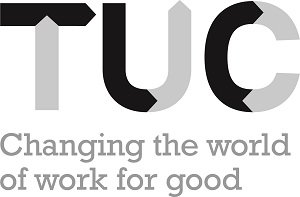Time, and the control of time, is central to the operation of the House of Commons.
In the Commons, a Cabinet Minister – the Leader of the House of Commons – announces the ‘business’ for coming weeks to the House, normally every Thursday at about 12.30pm.
Normally, one-tenth of Commons’ sitting days are given over to debates brought forward by opposition parties. The rest of the time, excepting Fridays is set aside for Private Members Bills, is government time.
During government time, the Government pursues its agenda, as mandated in the general election. It does not usually, however, disregard the views of other parties.
Party managers – the Whips – meet regularly to discuss and negotiate the schedule. This informal, behind the scenes contact between parties that are outwardly at each others’ throats is referred to universally as ‘the Usual Channels’.
Indeed, the Usual Channels come into play whenever there is cause for the Government party and the opposition parties to collude.
The Usual Channels are responsible for putting names forward to be considered for nomination as members of Select Committees.
They also operate the system of ‘pairing’ whereby an MP who has a prior engagement that means a vote will be missed is paired with an MP from an opposing party who agrees also to miss the vote, ensuring the outcome is a fair measure of the House’s opinion.
Crucially, it is often the Usual Channels that hammer out compromises between the parties in order to secure the passage of a Bill.
While no one would deny that the Usual Channels exist, it is a rarity from them to be mentioned in the House of Commons. They are key to the smooth running of the Commons but their influence is matched only by their secrecy.


